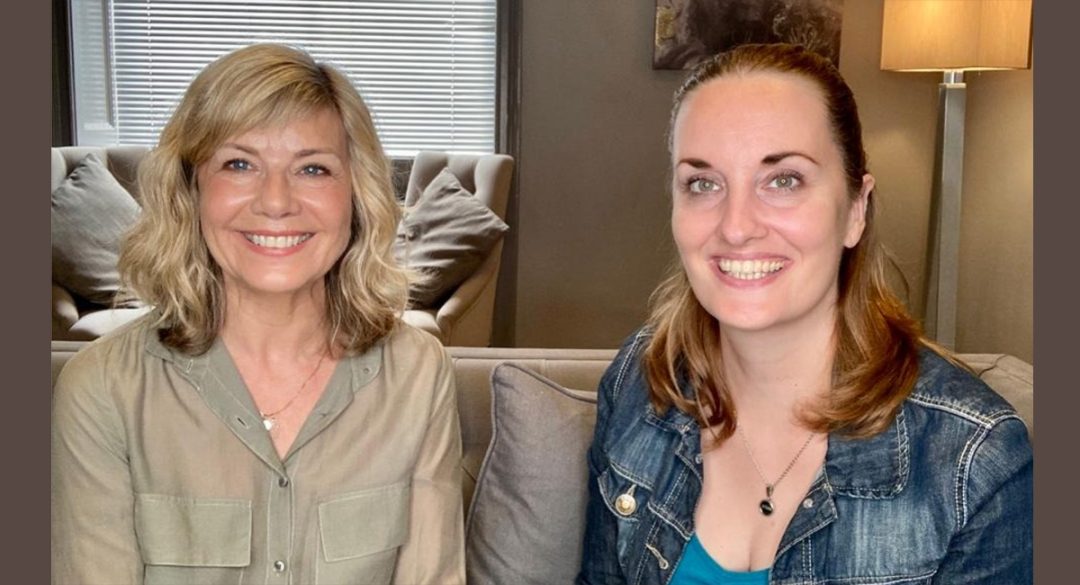Sara-Louise Ackrill is on the autistic spectrum and has ADHD. She’s also a life coach and therapist. All her clients are neurodivergent and most are autistic. She’s able to help her clients in a way that a neurotypical coach would not be able to, added to which, she has a greater understanding about what help they need and why they need it.
A neurodivergent perspective is often preferred
Given that autism is mostly a communication disorder, the first thing that strikes me about Sara, is how well she communicates. She’s very clear in her communication and is clear about her own needs in any given situation. I find this most impressive.
How many of us are good at identifying our own needs?
Sara helps with every aspect you can think of for people on the spectrum and works with most ages. She has many clients in their twenties and many in middle age. She helps with self regulation, as she calls it, independence, employability and so much more. I suspect she’s a mine of information on benefits and every aspect of navigating the system which can be a minefield. She’s very entrepreneurial and is setting up an app and all kinds of platforms to support people in different ways. Some of her services may be possible to get via the benefit system or social services and I would suggest contacting her directly about this.
To book a session with Sara-Louise you can do so here:
To check out her website and find out more:
I hope you enjoy the interview and find it useful if you know anyone who is faced with these challenges.

Comments 3
My nephew is autistic and has really struggled with the transition from primary to high school. New places, new faces, too many people and new routines have had him lose a lot of the progress he made in coping with these situations previously.
Fortunately autism is classified as a neurological development disability in Australia (wow, UK, time to get with the program), so there was a lot of help and support for him when he was younger.
Unfortunately, now that he’s 14 there seems to be less of it (not that he is receptive to the support he can get through the school) which seems ridiculous because there are so many transitions at this age.
I found Sara-Louise’s interview very informative, especially her sensory processing issues information. That was all new, and explains a few of my nephews behaviours.
Looking forward to part 2.
What a lovely interview…thank you! My 13 year old son has PDA, it’s on the spectrum…it’s really a huge emotional challenge every single day with anxiety driven meltdowns…that get harder as he gets older. We used to meditate a lot and I always help ground him, but he’s less open to it now he’s a teen. I’m at the point, I can’t help but worry about how he’ll develop loving relationships as he gets older. Being his mum, of course, I’m there no matter what, but I’d love to hear more about supporting and navigating that part of his life.
Author
It is a huge challenge and as people get older and move into adulthood there is less support. That’s why people like Sara-Louise are so valuable. If you haven’t already reached out to the National Autistic Society, then I highly recommend it. They can help steer you to the help you need.